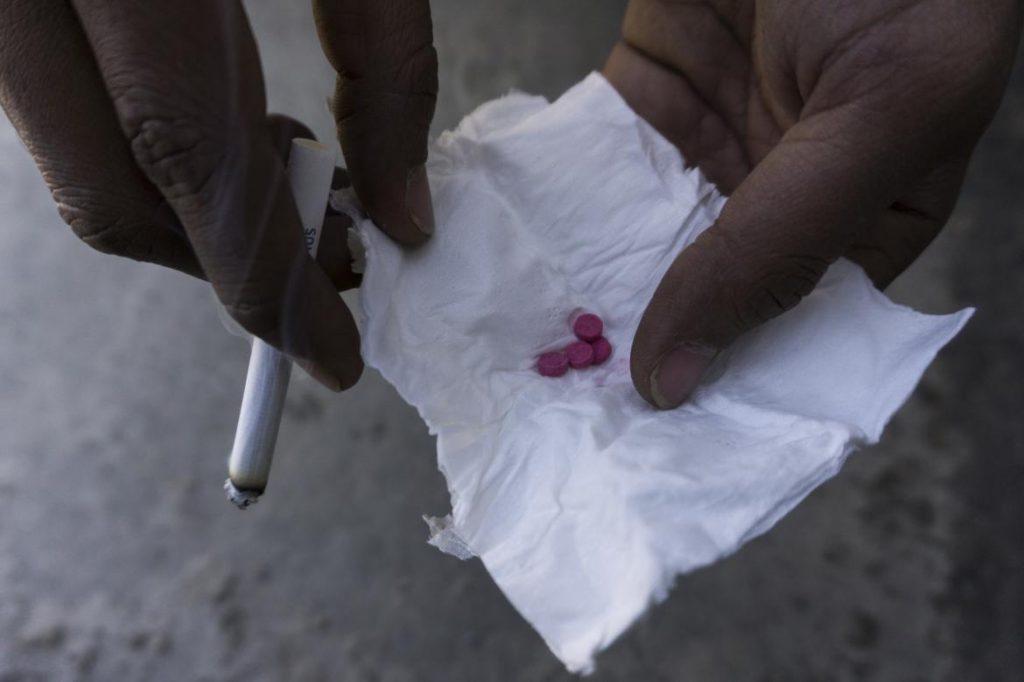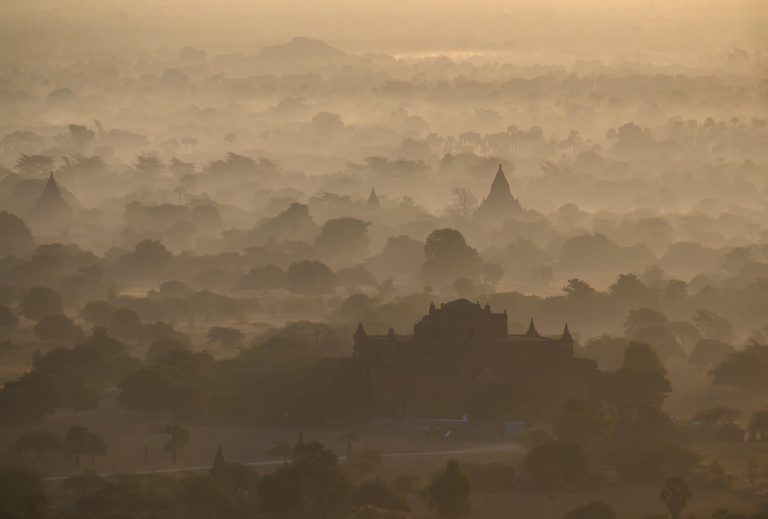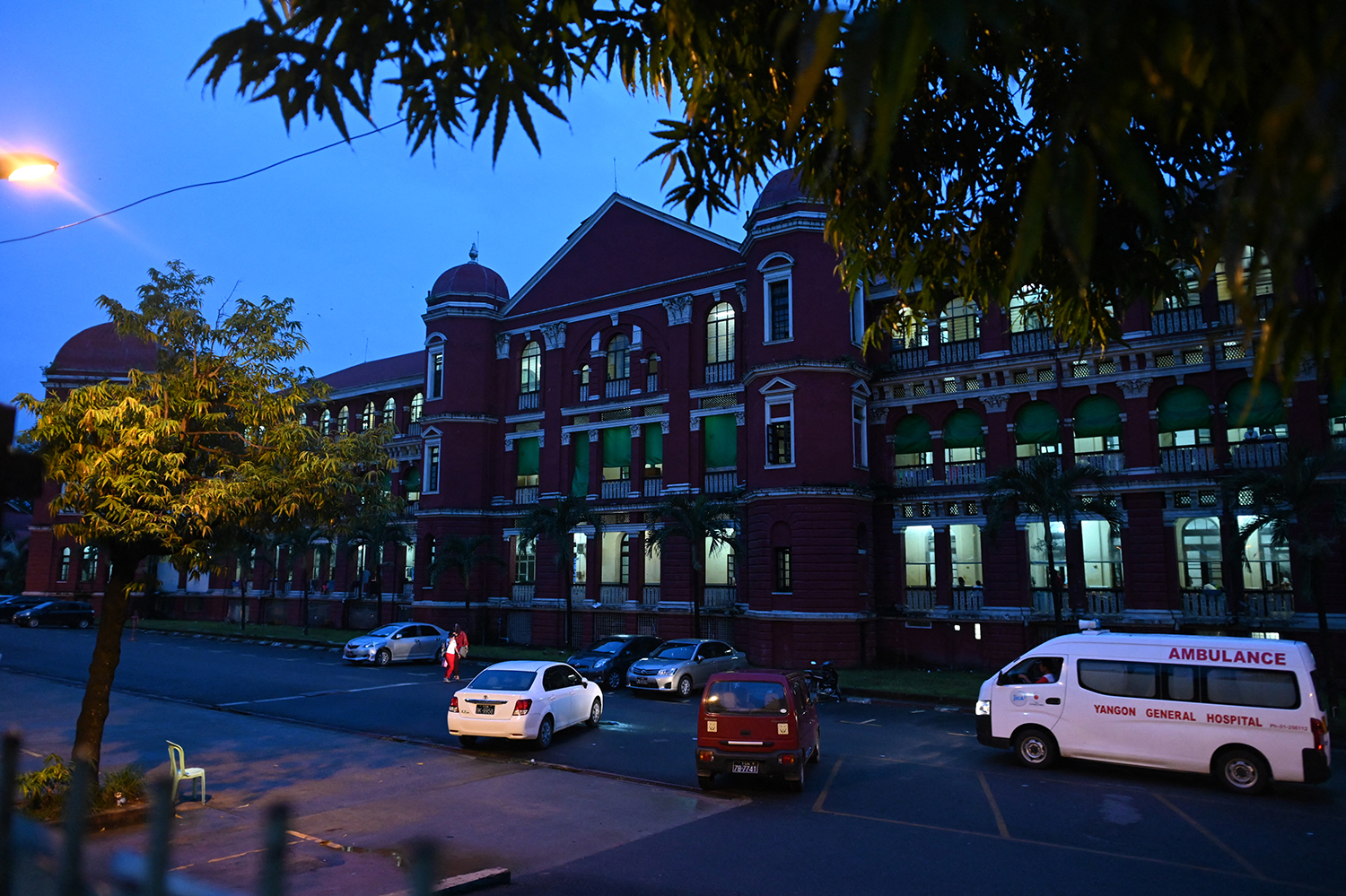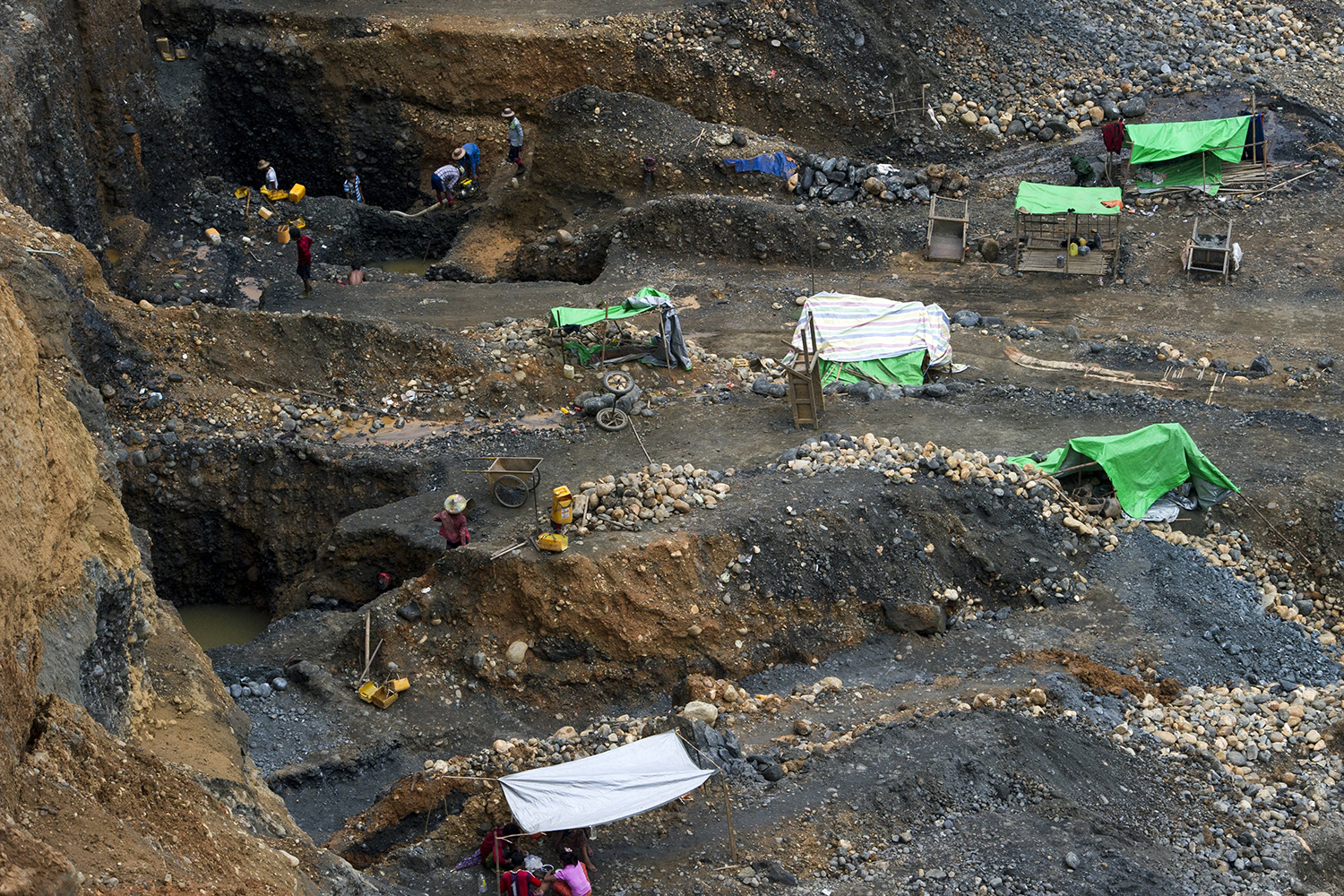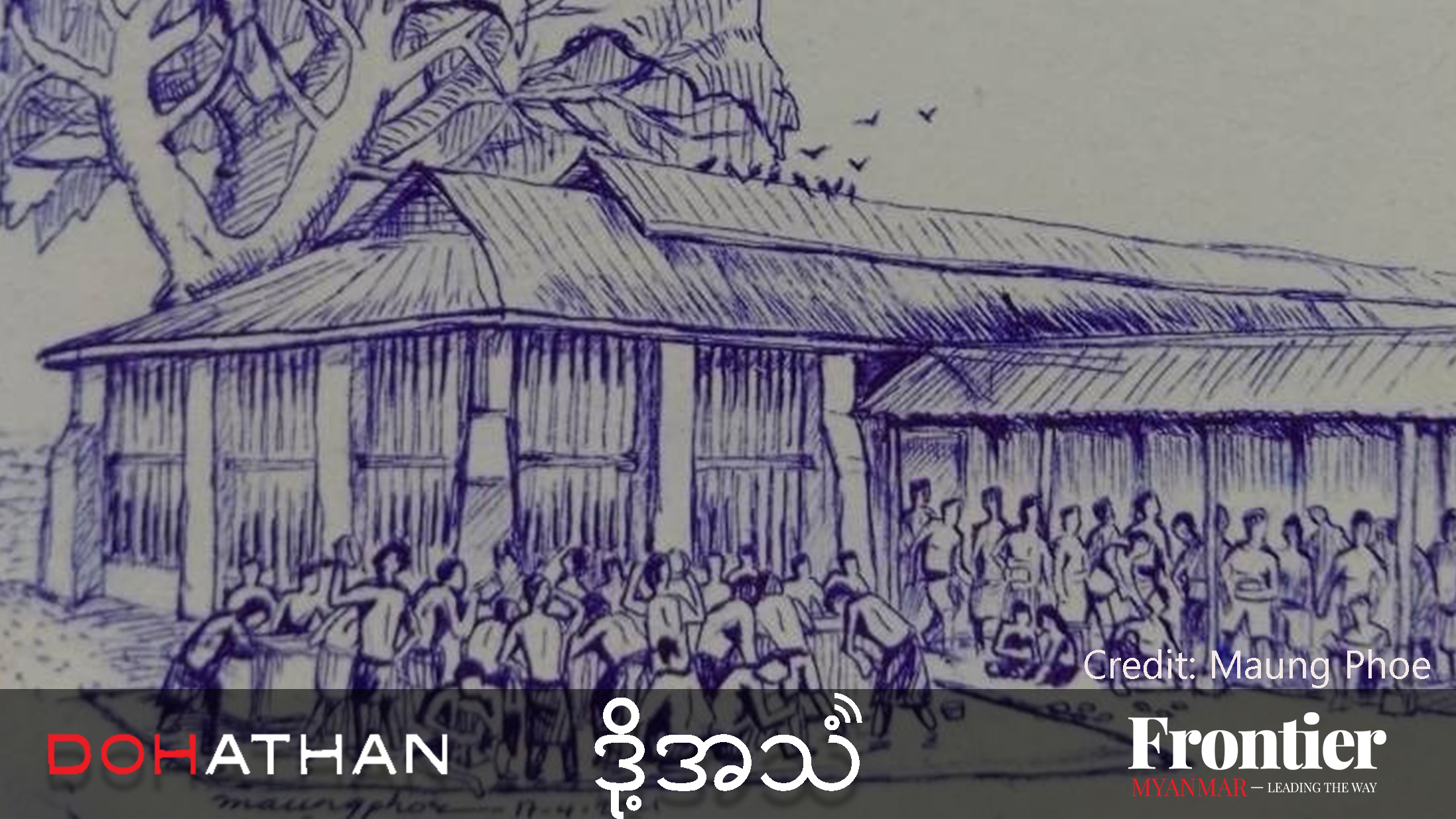By AFP
YANGON — A policeman has been arrested after allegedly switching 64 kilograms (140 pounds) of seized crystal meth with salts loosely resembling the party drug known as “ice”, officials said Tuesday.
Officers stumbled across the suspect packages of confiscated ice around a week ago as they carried out an inventory of seized narcotics at a police station ahead of an annual burning to mark an international day against drugs on June 26.
“Sixty-four packages out of 103 were fake,” said Deputy Police Colonel Myint Swe, chief of Kengtung district police force in eastern Shan State, adding each package weighed one kilogram (2.2 pounds).
A kilo of ice is worth around K20 million (US$13,000) locally, giving the pilfered product a value of around $830,000 inside Myanmar.
Support more independent journalism like this. Sign up to be a Frontier member.
It fetches several times more the further it travels from source.
Police Sergeant Myint Naing was arrested on Sunday, several hours drive away, and had been flown back to Kengtung for interrogation, police said.
“We found that he substituted the ice with alum (crystallised potassium) salt and other things which look similar to ice,” said a senior drugs police officer based in Nay Pyi Taw, requesting anonymity.
Drug experts believe Myanmar may now be the world’s biggest meth producer, with jungle labs in contested areas of Shan state churning out untold tonnes of ice and hundreds of millions of meth pills that are known regionally as yaba.
Made-in-Myanmar yaba is pouring west into Bangladesh and east into Laos, Thailand and beyond in record amounts.
High-grade crystal meth – or “ice” – is smuggled out of Myanmar via sophisticated networks to lucrative developed markets as far away as Japan, South Korea and Australia.
In late March Myanmar authorities seized 1.7 tonnes of ice worth nearly $30 million in a boat off the country’s south.
Myanmar’s multi-billion-dollar drug industry is believed to outstrip rivals in Latin America, but with a low body count and publicity-shy kingpins, it rarely generates the same global headlines.
Its poppy-covered hills also provide an ideal location for illicit labs, with a largely unchecked supply of precursor chemicals flooding in from China.


